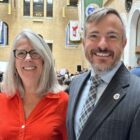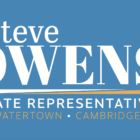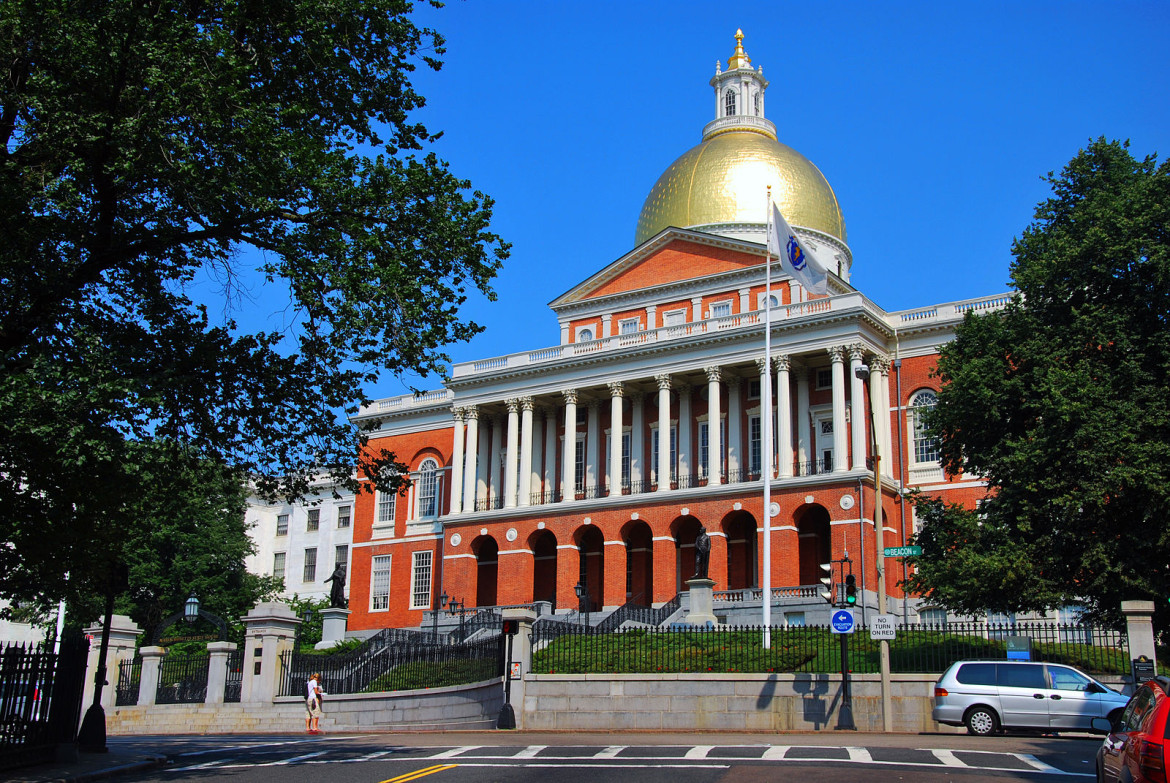Around Town
State Rep. Owens Nominates Former Community Foundation Director as a Commonwealth Heroine
|
Former Watertown Community Foundation Executive Director Jan Singer was nominated to be a Commonwealth Heroine by State Rep. Steve Owens. (Photo courtesy of State Rep. Owens’ Office)
The following information was provided by State Rep. Steve Owens’ Office:
In collaboration with the Massachusetts Commission on the Status of Women (MCSW), State Representative Steve Owens honored Jan Singer as his nominee for the 2023 Class of Commonwealth Heroines. Singer joins hundreds of women across the Commonwealth of Massachusetts who are recognized each year for their hard work and dedication to their community. Last Friday, Representative Owens and the MCSW celebrate women like Singer, who have demonstrated outstanding leadership, at the Massachusetts State House. “Jan has worked tirelessly to support the Watertown community,” said Rep. Owens.






